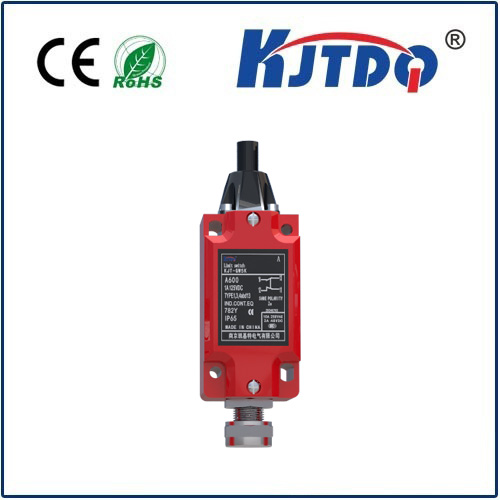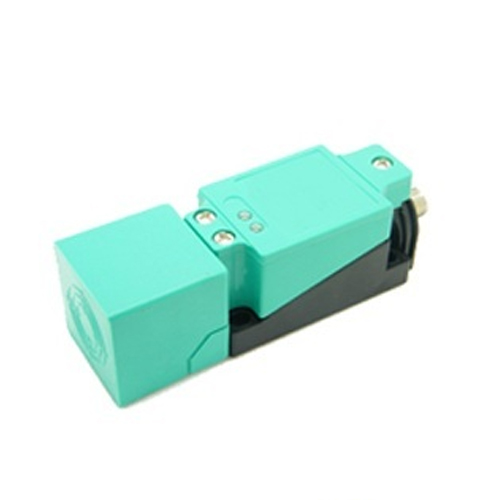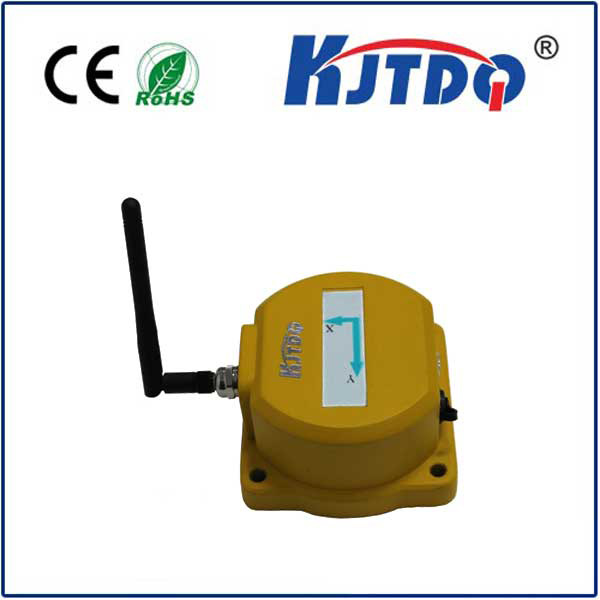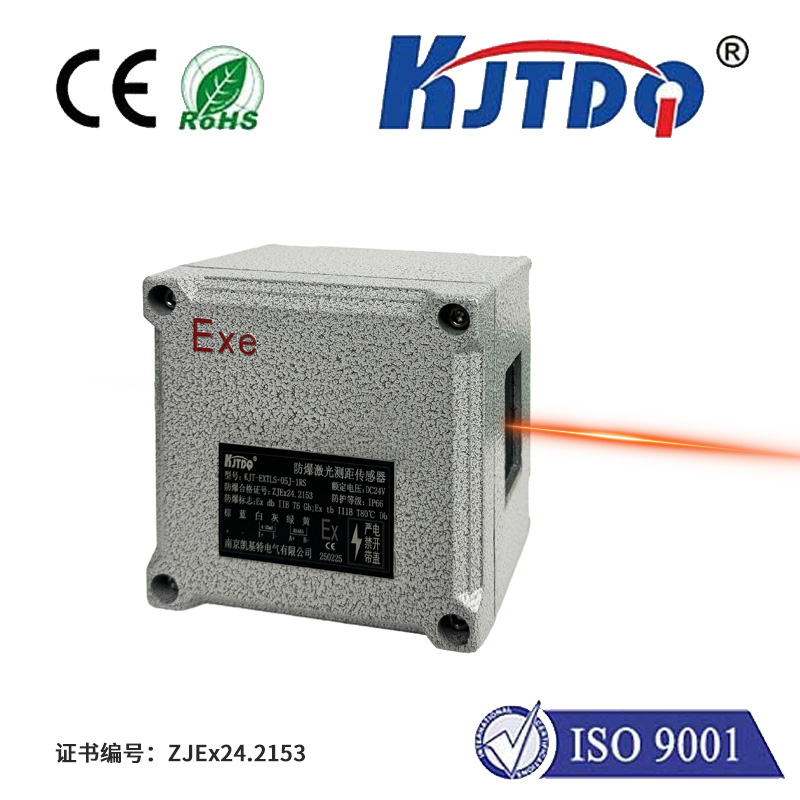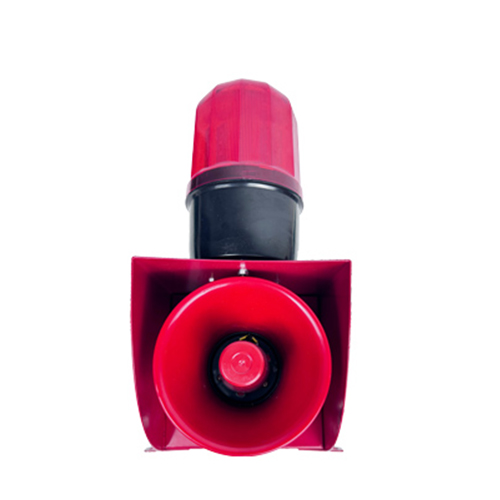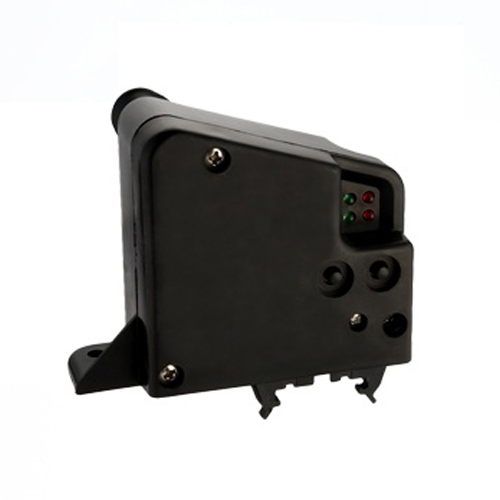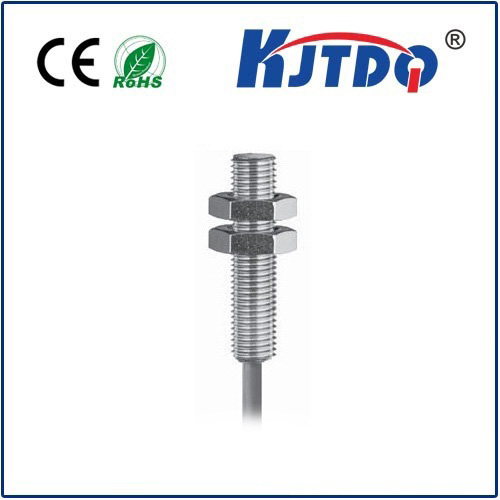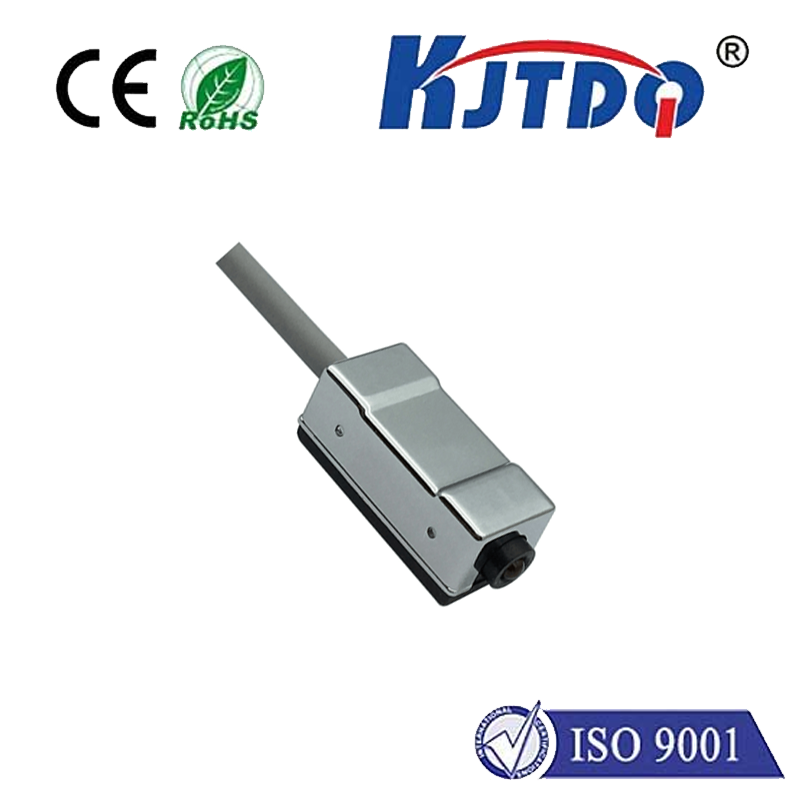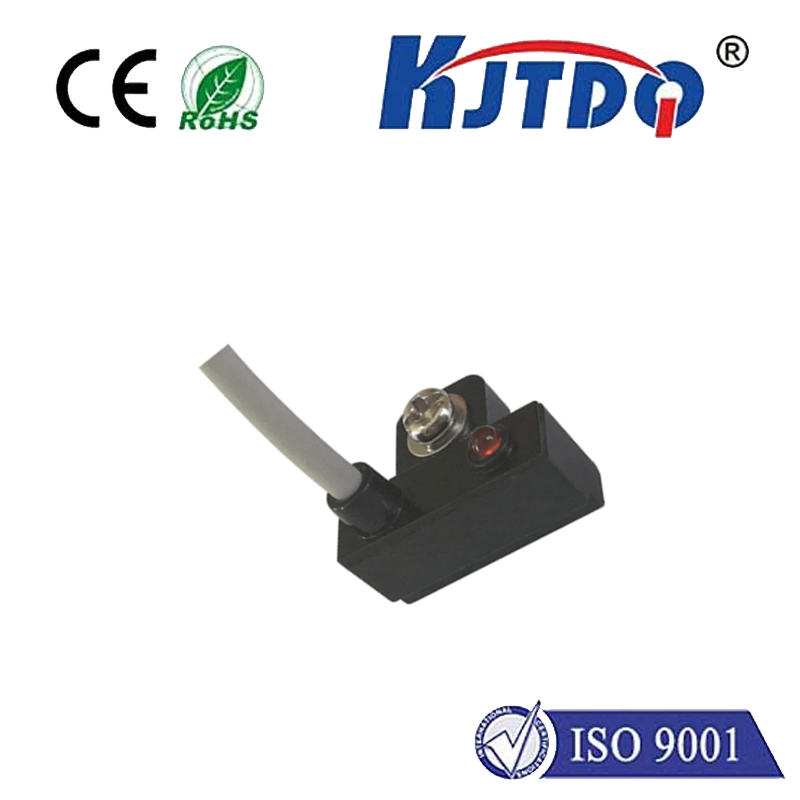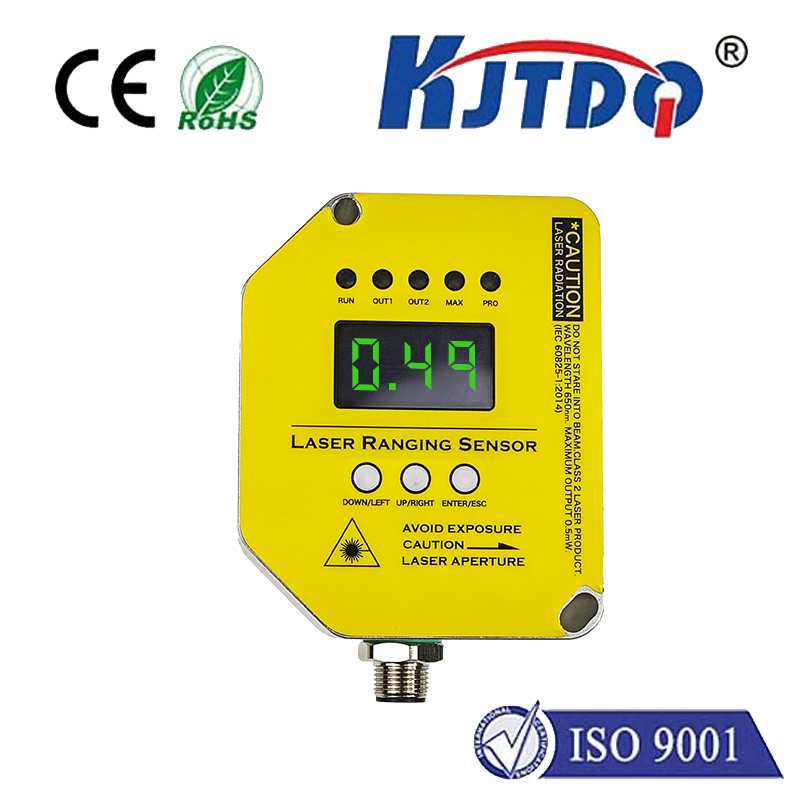

check

check

check

check

check

check

check

check

check

check
Imagine a production line grinding to a sudden halt, thousands of dollars lost per minute, simply because a critical component wasn’t detected reliably. Inconsistent object detection is the bane of modern automation – a problem often rooted in the limitations of standard sensors. Dust, vibrations, harsh lighting, and demanding distances conspire to make reliable, continuous operation a challenge. This persistent issue highlights the critical need for photoelectric sensors that not only promise but consistently deliver performance under duress. The KJDTQ FS30 Photoelectric Sensor emerges as a sophisticated solution explicitly designed to conquer these harsh industrial realities, offering unparalleled reliability for mission-critical applications.
Photoelectric sensors are the indispensable eyes of automation, providing non-contact detection crucial for positioning, counting, controlling processes, and safeguarding machinery. The fundamental principle involves emitting a light beam (visible, infrared, or laser) and detecting changes in its reception caused by an object interrupting the beam or reflecting it back. Diverse factors like object colour, surface finish, environmental contaminants, and required sensing distance dictate the optimal type – through-beam, retro-reflective, or diffuse reflective. This is where the KJDTQ FS30 excels, boasting significant enhancements tailored for industrial robustness.
Engineered for resilience, the FS30 stands out with several key attributes that directly address common pain points on the factory floor:
Enhanced Long-Range Detection: One of the most significant challenges in sectors like packaging, material handling, or large-machine monitoring is accurately detecting objects at extended distances. Standard sensors often falter. The FS30 photoelectric sensor excels here, designed to offer substantial sensing ranges. This capability ensures reliable detection even when targets are positioned farther away, providing crucial flexibility in conveyor layouts, palletizing systems, and large equipment monitoring. Its consistent performance over distance translates directly to fewer false triggers and unplanned stops.

Superior Environmental Resilience: Industrial environments are rarely pristine. Dust from cardboard cutters, oil mist in metalworking areas, and relentless vibrations create havoc for sensitive electronics. Recognizing this, the KJDTQ FS30 incorporates a high Ingress Protection (IP) rating, typically IP67 or higher. This robust construction signifies exceptional resistance against dust ingress and protection against powerful water jets. This ruggedness ensures the sensor continues operating reliably amidst the grime and moisture that would incapacitate lesser units. Choosing the FS30 means significantly less downtime due to environmental contamination.
Unwavering Stability Against Interference: Fluctuating temperatures, electromagnetic noise from large motors or welders, and background light variations from overhead lamps or sunlight streaming through windows can destabilize sensor readings. The FS30 employs sophisticated modulation techniques and advanced optical filtering. This design effectively discriminates its emitted signal from ambient light interference and electrical noise, ensuring superior signal stability. This translates to consistent, unambiguous object detection, eliminating erratic behaviour caused by challenging electromagnetic conditions or changing ambient light levels.
Core Specifications of the KJDTQ FS30 Photoelectric Sensor:
| Feature | Specification/Detail | Significance |
|---|---|---|
| Sensing Range | Extended Range (Specific range depends on type: Diffuse/Reflex/Thru) | Detects objects reliably at farther distances, enabling flexible layouts. |
| Protection Rating | IP67 (or higher depending on variant) | Robust defense against dust & water ingress, ensuring reliability in harsh environments like factories & outdoors. |
| Output Configuration | Typically NPN or PNP (NO/NC options) | Versatile integration with PLCs and control systems. |
| Light Source | Infrared LED or Laser (varies) | Stable operation with less susceptibility to ambient light interference. |
| Connection | M8 or M12 Connector, or Cable | Standard industrial interfaces for simple, reliable wiring. |
| Housing Material | Robust Plastic (e.g., PBT) or Metal | Durability and longevity in demanding settings. |
Beyond its core detection capabilities, the KJDTQ FS30 sensor often incorporates user-friendly features crucial for maintenance and optimization. Many models feature a bright, multi-colour LED status indicator that provides instant visual feedback on power, output status, and beam reception or alignment – invaluable for quick diagnostics and setup tuning. Some variants also integrate short-circuit and reverse polarity protection, safeguarding both the sensor itself and connected control circuits from accidental wiring errors, further enhancing system reliability and reducing potential repair costs.
Where the FS30 Makes a Tangible Impact: The practical benefits of the KJDTQ FS30 photoelectric sensor manifest across numerous demanding sectors:
Implementing the FS30 Effectively: To maximize the performance and lifespan of any photoelectric sensor, including the KJDTQ FS30, proper installation and setup are non-negotiable. Securely mount the sensor to minimize vibration effects. Carefully align through-beam and retro-reflective sensors for optimal beam reception. For diffuse models, adjust sensitivity to reliably detect the target material without being triggered by background objects or minor contaminants. Regularly cleaning the lens, while the high IP rating reduces the frequency, remains a simple yet effective maintenance task to preserve peak performance over time.
Selecting the KJDTQ FS30 photoelectric sensor is an investment in operational consistency and reduced headaches. Its deliberate focus on overcoming the core challenges of long-range detection, environmental harshness (high IP rating), and interference immunity positions it as a dependable workhorse for applications where failure is simply not an option. By providing unwavering object detection amidst dust, vibration, moisture, and electrical noise, the FS30 sensor empowers engineers and operators to build and maintain automated systems that run smoother, longer, and more efficiently. In the relentless pursuit of uptime and process reliability within demanding industrial environments, the KJDTQ FS30 proves itself as a fundamentally robust and trustworthy detection solution.
